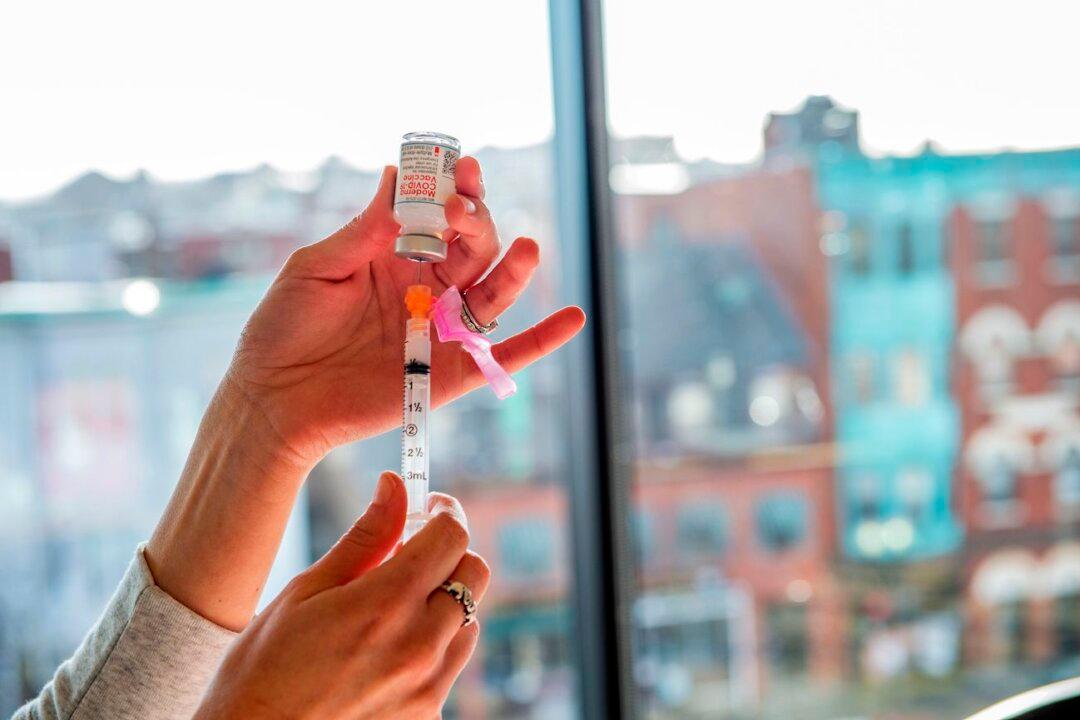Residents of Israel and Bahrain who are eligible for COVID-19 vaccine booster shots and don’t get them risk losing their vaccination status granting them access to everything from restaurants to shopping malls.
Israel was the first country to make a booster shot a requirement for “Green Pass” digital vaccination passports, which allow individuals to enter everything from hotels, cinemas, gyms, and restaurants, to places of worship.




